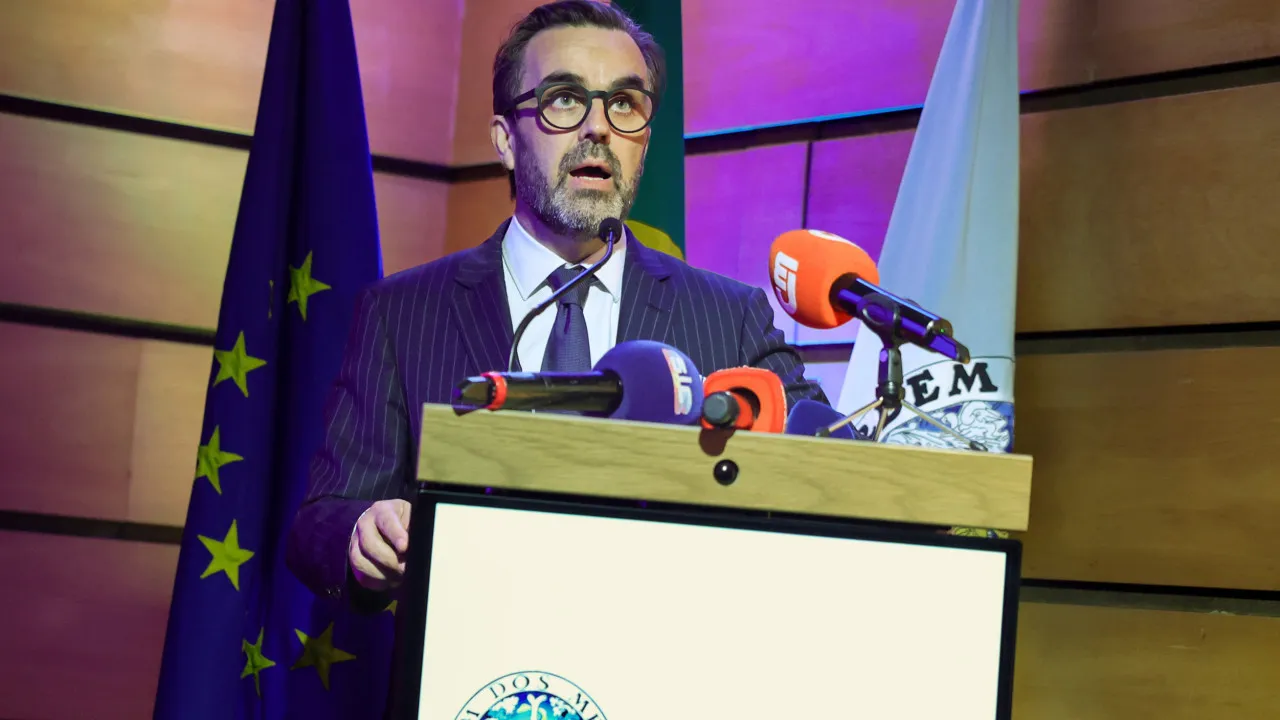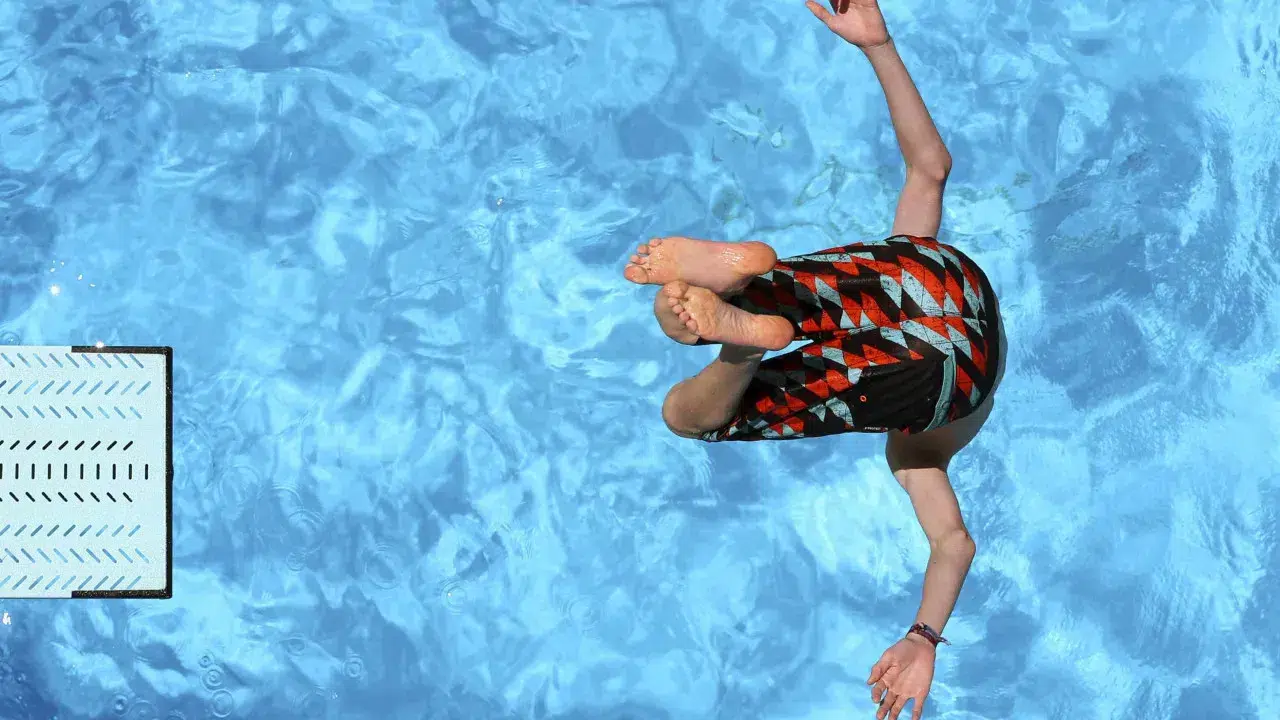
“In Portugal, what has been happening more frequently is the existence of laboratories for converting cocaine base into cocaine hydrochloride. However, it is not surprising that laboratories for the transformation into synthetic drugs may also emerge. […] It’s something we are always vigilant about,” assured António Dias, speaking on the sidelines of the colloquium “Synthetic Drugs: Risks, Impacts, and Prevention,” organized by the SSI and held today at the Cascais Cultural Center.
The criminal investigation coordinator of PJ spoke after representatives from Europol, Interpol, and the European Union Agency on Drugs (EUDA) had warned, in response to a question from the national director of PSP, about the possibility of the country being used as a transit and transformation point for synthetic drugs.
In addition to more traditional substances like ecstasy, the global consumption of ketamine, fentanyl, and more recently, nitazene—an opioid 140 times more potent than heroin—has also gained popularity.
This latest synthetic drug has already been detected in Portugal.
“There have already been some small samples seized in our country, which is natural, sometimes even by direct importation by the consumers themselves,” the PJ liaison officer at the SSI acknowledged.
António Dias further expressed concern that synthetic drugs, mainly sold online, are “much easier to hide” since these are substances that can cause significant harm even in “infinitesimal amounts.”
“This idea that drugs can be mild is a great fallacy. The drugs nowadays are all hard and dangerous, and synthetic drugs even more so,” warned Rogério Magalhães, chief inspector of PJ, in the first panel of the colloquium.
The criminal investigator added that currently the inhabitants of Southern Europe are “in a phase of adaptation” to these substances and “increasing their consumption,” which was previously more common in Northern Europe and Southeast Asia.
“We must be well-informed. We should take advantage of the benefit of not having the problem to prepare for the possibility of having it,” emphasized Rui Costa, PSP deputy superintendent, in the same panel.
Currently, more than a thousand substances have been identified, of which only about 900 are listed in the Drug Control Law tables, specified Félix Carvalho from the Faculty of Pharmacy at the University of Porto, during the last panel of the morning.
“The problem is that every week we have a new psychoactive substance,” he lamented, criticizing, like other specialists present at the initiative, the lack of regular updates to those frameworks.
Graça Vilar from the Institute for Addictive Behaviors and Dependencies (ICAD) distanced herself from the criticism, but agreed that, “in terms of public health,” it’s like “always being suspicious about the appearance of a new substance.”




